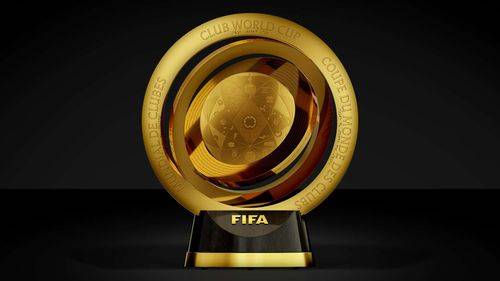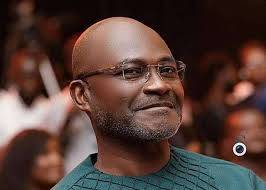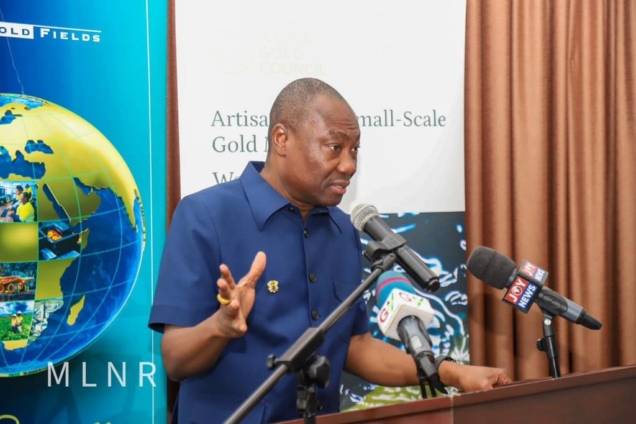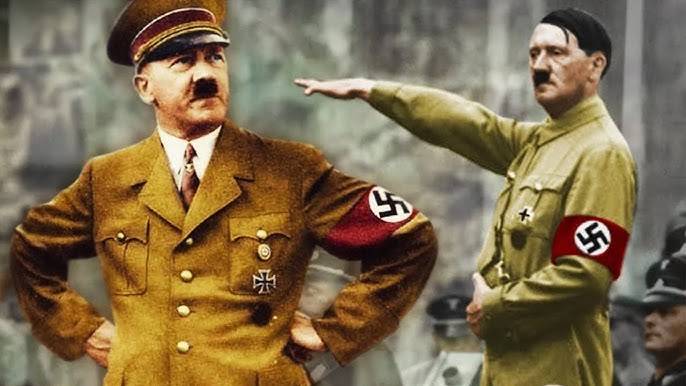The Essence of Freedom: A Fundamental Human Right
The concept of freedom, laden with deep significance, stands as an intrinsic human right that has played a pivotal role in shaping societies, sparking revolutions, and serving as the bedrock of democracies. Throughout the course of human history, from ancient civilizations to the contemporary world, the pursuit of freedom has remained a powerful driving force. In this article, we will delve into the multifaceted nature of freedom, its historical development, and its enduring relevance today.
Defining Freedom
At its core, freedom represents the authority or entitlement to act, express oneself, and contemplate without any encumbrance or restriction. It encompasses a wide spectrum of dimensions, spanning from political autonomy and personal liberty to economic independence. In essence, freedom encapsulates the capacity to make choices and follow one's aspirations devoid of external interference.
Historical Evolution
The history of freedom is intricately interwoven with the progression of human civilization. In ancient Greece, the concept of freedom took root within city-states, where citizens possessed the prerogative to engage in political decision-making. This notion of political freedom laid the groundwork for democratic governance, a cornerstone that endures in modern societies.
The 17th and 18th centuries brought about the Age of Enlightenment, ushering in a new epoch of philosophical contemplation regarding freedom. Intellectuals such as John Locke and Jean-Jacques Rousseau pondered the essence of liberty and its role in the social contract. Their ideas provided the foundation for the American and French Revolutions, both of which echoed the resounding call for liberation from oppression.
Political Freedom
Political freedom stands as, perhaps, the most universally recognized manifestation of freedom. It encompasses the entitlement to vote, express one's opinions, and partake in the administration of one's nation. This type of freedom serves as an indispensable component of democratic societies, granting citizens the power to shape their country's policies and direction.
In the contemporary world, political freedom finds its sanctuary in the Universal Declaration of Human Rights, embraced by the United Nations in 1948. Article 21 of this declaration articulates that "everyone has the right to take part in the government of his country, directly or through freely chosen representatives." This global acknowledgment of political freedom underscores its universal significance.
Personal Liberty
Personal liberty signifies the freedom to lead one's life in harmony with their values and convictions, provided it does not inflict harm upon others. It encompasses the right to privacy, freedom of religion, and the ability to make decisions regarding one's lifestyle and interpersonal relationships. Personal liberty acknowledges the uniqueness of individuals and advocates their protection from unwarranted interference in their personal matters.
Economic Freedom
Economic freedom entails the liberty to own property, participate in economic pursuits, and pursue economic well-being without excessive government intervention. It serves as a cornerstone of capitalist societies, offering individuals the opportunity to initiate businesses, compete in markets, and accumulate wealth. Economic freedom has been associated with prosperity and innovation, as it fosters entrepreneurship and investment.
Challenges to Freedom
Though freedom is a cherished ideal, it is not immune to challenges. Throughout history, individuals and groups have engaged in struggles against oppressive regimes, discriminatory practices, and violations of their rights. The pursuit of freedom remains an ongoing endeavor, demanding constant vigilance to safeguard and uphold the principles of liberty.
In the modern era, technological advancements have introduced novel complexities to the concept of freedom. Issues related to online privacy, surveillance, and the influence of social media on individual freedoms have gained prominence. Balancing the benefits of technology with the preservation of personal liberties emerges as a pressing concern for contemporary societies.
Freedom and Responsibility
With freedom comes an inherent responsibility. The exercise of one's freedom should not encroach upon the freedom of others or lead to harm. This principle underscores the necessity for laws and regulations to maintain a just and equitable society. Achieving the delicate equilibrium between freedom and responsibility remains an enduring challenge for both governments and individuals.
Conclusion
Freedom, in its diverse manifestations, stands as an elemental human right that has indelibly shaped the course of history. It forms the foundation of democratic societies, acts as a catalyst for progress, and offers hope to those seeking liberation from oppression. As we navigate the intricacies of the modern world, it is imperative to recognize that freedom is not a given but a cherished value demanding unwavering commitment and continuous effort to preserve. In the words of Nelson Mandela, "For to be free is not merely to cast off one's chains, but to live in a way that respects and enhances the freedom of others." Upholding the principles of freedom constitutes an acknowledgment of the very essence of humanity.

























Total Comments: 0